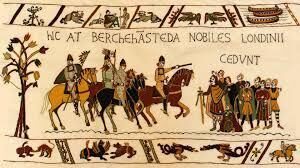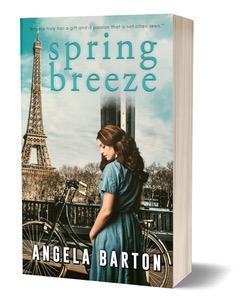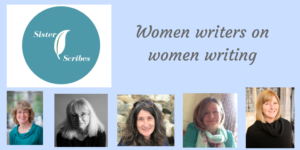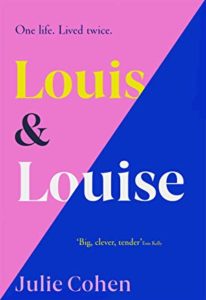 I love the freedom of writing fiction. I construct imaginary buildings and places, create characters, invent stories for them and decide how they’ll react to the obstacles I put in front of them. I forge their relationships, decide who they’ll fall in love with and I determine their outcome. But over the years as my writing has evolved, I like to include real events from history, real people who were alive at the time of my story, and real objects. In Spring Breeze, Irène Némirovsky and Picasso make appearances and interact with my characters, but my excerpt below is about an object.
I love the freedom of writing fiction. I construct imaginary buildings and places, create characters, invent stories for them and decide how they’ll react to the obstacles I put in front of them. I forge their relationships, decide who they’ll fall in love with and I determine their outcome. But over the years as my writing has evolved, I like to include real events from history, real people who were alive at the time of my story, and real objects. In Spring Breeze, Irène Némirovsky and Picasso make appearances and interact with my characters, but my excerpt below is about an object.
A great deal of responsibility comes with including actual people or objects in a book. Research has to be thorough and accurate, then entwined into the storyline without sounding like a history lesson! I never enjoyed history at school. Every time I was given homework is was to learn a seemingly endless list of names and dates. I wanted dramatic stories, heroes and heroines. I wanted adventure, romance and excitement. Perhaps that’s one of the reasons I became a writer. Now I can make my own stories whilst adding a touch of realism and history to them.
 My protagonist in Spring Breeze is Matilde Pascale. She used to work in an auction house before the German invasion caused its closure. Forced into working for the enemy at the Jeu de Paume museum in Paris, Matilde discovered an object she’s been asked to log; a priceless artefact from history. Imagine the scene. Matilde has been led to the basement of the Jeu de Paume museum where the Germans are storing looted valuables: jewellery, antiques, paintings, ornaments etc. It’s gloomy, lit by dim bare light bulbs, it’s eerily quiet except for the faint echoes of footfall on the floor above her, and she’s alone in the vast storage room.
My protagonist in Spring Breeze is Matilde Pascale. She used to work in an auction house before the German invasion caused its closure. Forced into working for the enemy at the Jeu de Paume museum in Paris, Matilde discovered an object she’s been asked to log; a priceless artefact from history. Imagine the scene. Matilde has been led to the basement of the Jeu de Paume museum where the Germans are storing looted valuables: jewellery, antiques, paintings, ornaments etc. It’s gloomy, lit by dim bare light bulbs, it’s eerily quiet except for the faint echoes of footfall on the floor above her, and she’s alone in the vast storage room.
Kneeling, Matilde placed her notepad and pen on the floor. Whatever could it be? She touched it. It felt solid. She peeled back its wrapping and saw material that had been rolled tightly. She found one end but it was too heavy to unroll. She followed a fold, running her fingers along its length and gradually teasing out the material until she had enough to fold it back. Slowly she peeled back a corner to reveal embroidery. The workmanship was exquisite, in vibrant colours and Latin inscriptions. The material felt  like linen and smelt musty, like walking into an old church. Looking closely she could see that it had been sprinkled with moth powder. She unfolded a little more: a horse, a man with a sword, arrows. The figures were immediately so individual and so identifiable that her mouth fell open. Her eyes, now wide with wonder and horror, took in what lay before her on the floor.
like linen and smelt musty, like walking into an old church. Looking closely she could see that it had been sprinkled with moth powder. She unfolded a little more: a horse, a man with a sword, arrows. The figures were immediately so individual and so identifiable that her mouth fell open. Her eyes, now wide with wonder and horror, took in what lay before her on the floor.
It was the Bayeux Tapestry.
Matilde knelt reverentially before the giant roll of fabric and pulled on her gloves. She gently laid her palm against the cloth, leaned forward and smelled it. A frisson of awe forced her to close her eyes and wonder at the history this tapestry had seen. It had been associated with such bellicose men as William the Conqueror and Napoleon Bonaparte. It had survived the French Revolution in the 18th century and withstood examinations and transportations.


